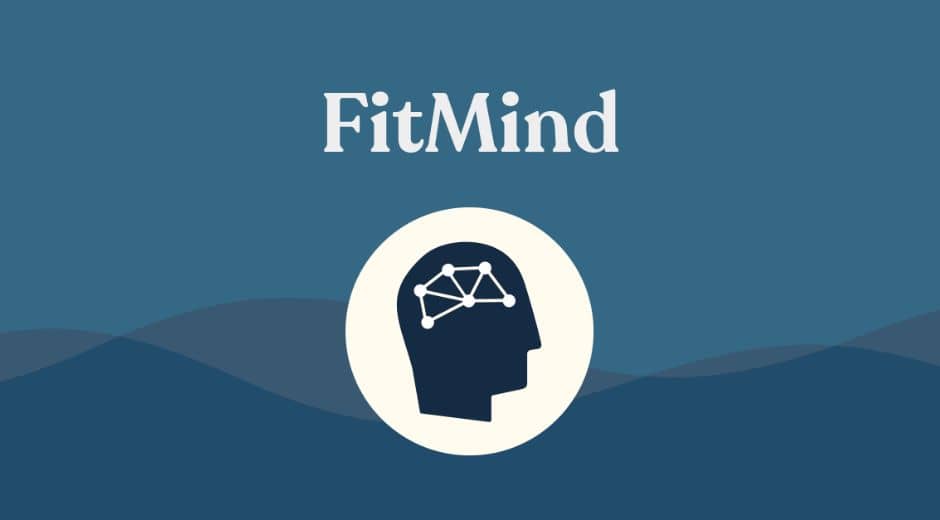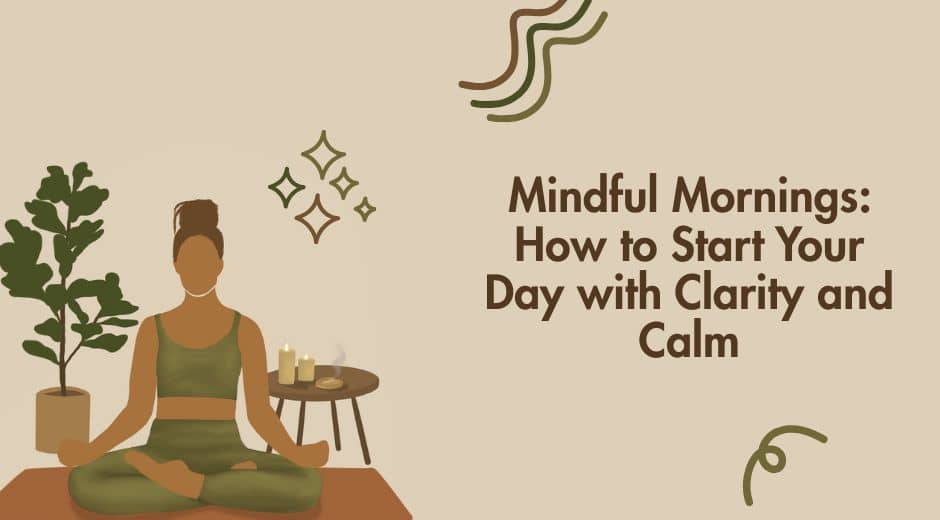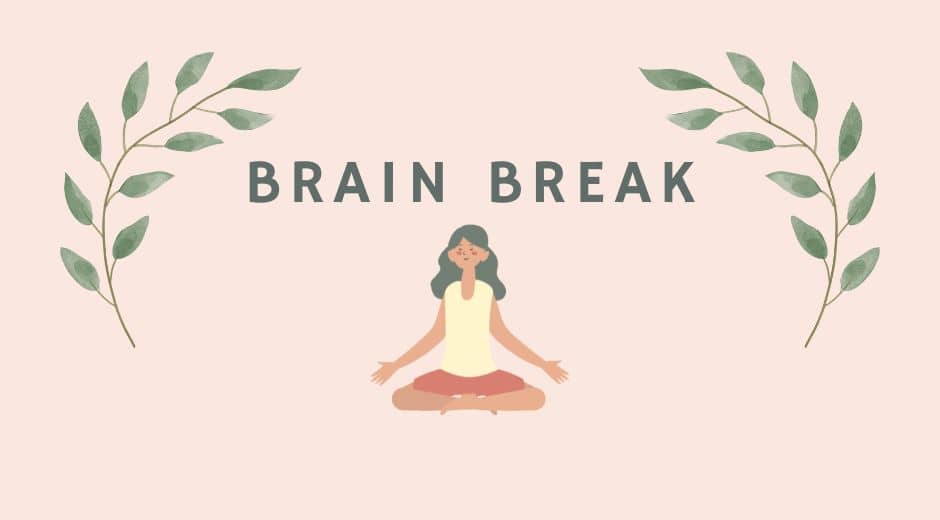The Quiet Skill Making a Powerful Comeback in 2025
The Quiet Skill Making a Powerful Comeback in 2025
In a world that celebrates hustle, constant connectivity, and the loud pursuit of attention, a subtle yet powerful change is taking shape in 2025. Across industries, education, and even personal development, people are rediscovering something we’ve nearly forgotten — the Quiet Skill.
The Quiet Skill is not about silence for its own sake. It’s about the ability to think deeply, listen intentionally, focus fully, and respond thoughtfully. It’s the opposite of distraction-driven productivity — a rediscovery of mindfulness, empathy, and deliberate action in a world that rewards speed over substance.
In an era where every ping, post, and notification competes for our attention, those who cultivate the Quiet Skill stand out not because they’re louder, but because they’re grounded, creative, and clear-minded.
1. What Is the Quiet Skill?
The Quiet Skill refers to a cluster of cognitive and emotional abilities centered around focus, observation, listening, and reflection. It’s the art of slowing down to think clearly — a practice that allows individuals to process information deeply instead of reacting instantly.
While it may sound simple, this ability has become increasingly rare. Modern life encourages multitasking, rapid responses, and constant output, leaving little room for true contemplation.
At its core, the Quiet Skill includes:
Deep focus — the ability to give full attention to one task without distraction.
Empathic listening — hearing not just words, but meaning, emotion, and intent.
Reflective thinking — considering perspectives before forming conclusions.
Intentional decision-making — choosing with purpose rather than reacting on impulse.
2. The Age of Distraction: Why the Quiet Skill Disappeared
To understand why the Quiet Skill is suddenly making a comeback, we need to recognize how it was lost.
The digital revolution brought unprecedented access to information — but also unprecedented noise. Notifications, messages, and media consumption have created an environment of perpetual stimulation. Attention has become fragmented; silence, almost uncomfortable.
Key reasons we lost the Quiet Skill include:
Digital overload: The average person checks their phone over 100 times per day.
Social validation loops: The pressure to respond instantly on social media discourages thoughtful engagement.
Remote work acceleration: Virtual meetings and endless emails leave little space for uninterrupted thought.
Cultural glorification of busyness: Slowing down is often mistaken for inefficiency.
In essence, the quiet skill didn’t vanish — it was drowned out by the noise of modern life.
3. Why the Quiet Skill Is Making a Comeback in 2025
As the novelty of hyperconnectivity fades, the pendulum is swinging back toward balance. Companies, educators, and professionals are realizing that constant stimulation leads to burnout, poor decision-making, and shallow creativity.
In 2025, the Quiet Skill is emerging as the antidote to digital fatigue and cognitive chaos.
Here’s why it’s regaining importance:
A. The Rise of Mindful Work
Employers are recognizing that productivity isn’t about hours worked — it’s about quality of focus. Mindfulness practices, quiet hours, and digital detox policies are becoming part of workplace culture.
B. AI and Automation Require Human Reflection
As artificial intelligence handles more repetitive tasks, human value lies in what machines cannot replicate — empathy, ethical reasoning, and creative insight. These qualities thrive when people practice quiet reflection.
C. Burnout Recovery
After years of pandemic-induced stress and overwork, professionals are craving balance. Wellness movements now emphasize stillness and introspection as essential parts of resilience.
D. The Creativity Connection
Research shows that moments of quiet and solitude enhance creativity. Great ideas often come when the mind is still — during a walk, a shower, or moments of calm focus.
The Quiet Skill isn’t just trendy self-care. It’s becoming a professional advantage.
4. The Science Behind the Quiet Skill
Modern neuroscience supports what ancient philosophers have long known — silence and reflection strengthen the brain.
Scientific insights include:
Improved cognition: Quiet periods enhance memory consolidation and problem-solving ability.
Reduced stress: Mindful silence lowers cortisol levels and supports emotional regulation.
Enhanced focus: The brain performs better when given rest intervals free of digital input.
Neuroplasticity: Regular moments of deep focus encourage new neural pathways for creativity and learning.
A 2024 MIT study found that employees who scheduled at least one “quiet hour” each day showed a 35% improvement in strategic thinking and innovation. Silence, it seems, isn’t just peaceful — it’s powerful.
5. Practicing the Quiet Skill in Daily Life
Rebuilding the Quiet Skill doesn’t require radical lifestyle changes. It’s about small, intentional habits that invite stillness into your day.
Here are practical ways to nurture it:
1. Start the Day in Silence
Avoid checking your phone for the first 30 minutes after waking. Instead, spend time journaling, stretching, or simply sitting quietly with your thoughts.
2. Create “Focus Blocks”
Dedicate periods of uninterrupted time (60–90 minutes) to deep work. Turn off notifications, close unnecessary tabs, and focus solely on one task.
3. Practice Active Listening
When in conversation, resist the urge to plan your response. Listen fully. This quiet, deliberate attention builds empathy and improves relationships.
4. Embrace Solitude
Schedule short breaks from social input — walks without earbuds, commutes without podcasts, meals without screens. These moments recharge mental clarity.
5. Reflect Daily
End your day with 10 minutes of reflection. Ask yourself: What did I learn today? What could I do differently? This builds self-awareness and intentionality.
Over time, these small acts compound into a life marked by calm focus and deeper understanding — the hallmarks of the Quiet Skill.
6. The Quiet Skill at Work: A Competitive Advantage
In an age where everyone is speaking, those who listen hold the power. The Quiet Skill has become one of the most valuable competencies in leadership and collaboration.
A. Leaders Who Listen
Great leaders create space for others to be heard. By mastering silence, they build trust, gain insight, and foster innovation.
B. Strategic Thinkers
Quiet thinkers identify patterns that impulsive decision-makers miss. They connect dots others overlook. In complex business environments, reflective decision-making is a superpower.
C. Emotional Intelligence
Empathy begins with listening. Teams led by emotionally intelligent individuals report higher satisfaction and lower turnover — both driven by quiet awareness.
D. Creative Innovation
The world’s most innovative breakthroughs often emerge from introspection. Thinkers like Elon Musk, Warren Buffett, and Marie Curie have all credited solitude as key to their problem-solving process.
In 2025, cultivating the Quiet Skill isn’t just good for well-being — it’s a cornerstone of future-ready leadership.
7. Quiet Skill and Digital Wellness
The global “digital detox” movement reflects a cultural shift toward mindful tech use. People are beginning to recognize that managing attention is just as vital as managing time.
Digital wellness trends linked to the Quiet Skill include:
App-free mornings: Setting intentional boundaries around technology use.
Focus apps and minimalist devices: Tools that encourage concentration instead of distraction.
Silent meetings: Organizations like Google and LinkedIn are experimenting with “quiet brainstorms” — written reflections before discussion.
These approaches align perfectly with the philosophy of the Quiet Skill — using technology with intention, not addiction.
8. The Quiet Skill in Education
Schools and universities are also realizing the importance of teaching focus and mindfulness. The next generation is growing up in a world of screens, and educators are now prioritizing attention management as a critical life skill.
Innovative educational initiatives include:
Mindful learning programs that teach students meditation and reflection.
Silent reading and journaling blocks to promote deeper comprehension.
Digital hygiene classes that encourage balanced tech use.
By teaching the Quiet Skill early, schools are equipping students with tools for lifelong resilience, empathy, and critical thinking.
9. The Cultural Power of Quiet
Beyond productivity and education, the Quiet Skill carries deep cultural significance. Silence has always been a part of human growth — from monastic traditions to indigenous rituals and modern mindfulness movements.
Today, that ancient wisdom is merging with modern science. The quiet mind is no longer viewed as passive; it’s recognized as the foundation of self-mastery, emotional intelligence, and creativity.
In art, music, and design, silence is being reinterpreted as sophistication — a return to minimalism, authenticity, and emotional clarity. In communication, pauses and reflection are becoming marks of confidence, not hesitation.
10. Reclaiming the Quiet Skill: A Path Forward
The comeback of the Quiet Skill is not about rejecting technology, ambition, or progress. It’s about restoring balance. It’s a reminder that reflection amplifies action — that silence is not absence, but presence.
Here’s how individuals and organizations can embrace this movement going forward:
Prioritize deep work: Protect uninterrupted blocks of time for creative or analytical thinking.
Design quiet spaces: Whether at home or in the office, create environments that reduce noise and distraction.
Normalize slowness: Redefine productivity to value depth over speed.
Champion listening: Encourage thoughtful dialogue, not constant debate.
Invest in well-being: Recognize rest and mindfulness as performance enhancers, not luxuries.
The future belongs to those who can think clearly, act intentionally, and listen deeply. That is the essence of the Quiet Skill — and in 2025, it’s no longer forgotten.
Conclusion: The Strength of Stillness
The world may be louder than ever, but silence is becoming a rare and valuable asset. The Quiet Skill bridges ancient wisdom and modern needs — a way to restore clarity amid chaos.
Those who master it will lead more intentionally, create more meaningfully, and connect more authentically. In the noise of digital life, quiet is not weakness — it’s strength.
So as 2025 unfolds, the challenge isn’t to speak louder or move faster. It’s to listen, pause, and think with purpose. The quiet ones, it seems, are finally being heard again.
For more insight into personal development and future skills, visit bodywellnessgroup.com a platform dedicated to smart thinking and sustainable growth.
Wellness Made Simple

Energy Balance Habits For Sustainable Performance
Energy Balance Habits For Sustainable Performance

Holistic Body Care Beyond Exercise And Diet
Holistic Body Care Beyond Exercise And Diet

Physical Ease Practices For Pain Free Movement
Physical Ease Practices For Pain Free Movement

Why Athletes Load Manage: Protecting the Body for the Long Game
Why Athletes Load Manage: Protecting the Body for the Long Game

Wellness Rhythm For Balanced Daily Living
Wellness Rhythm For Balanced Daily Living

Building Body Resilience Through Consistent Habits
Building Body Resilience Through Consistent Habits

Movement For Wellness Without Overtraining
Movement For Wellness Without Overtraining

Calm Body Practices For Stress Sensitive Nervous Systems
Calm Body Practices For Stress Sensitive Nervous Systems

Rest And Renewal Practices For Mental And Physical Health
Rest And Renewal Practices For Mental And Physical Health

Everyday Body Care Habits For Overall Wellbeing
Everyday Body Care Habits For Overall Wellbeing

Natural Recovery Methods For Body And Mind
Natural Recovery Methods For Body And Mind

Body Energy Awareness And Daily Self Regulation
Body Energy Awareness And Daily Self Regulation













